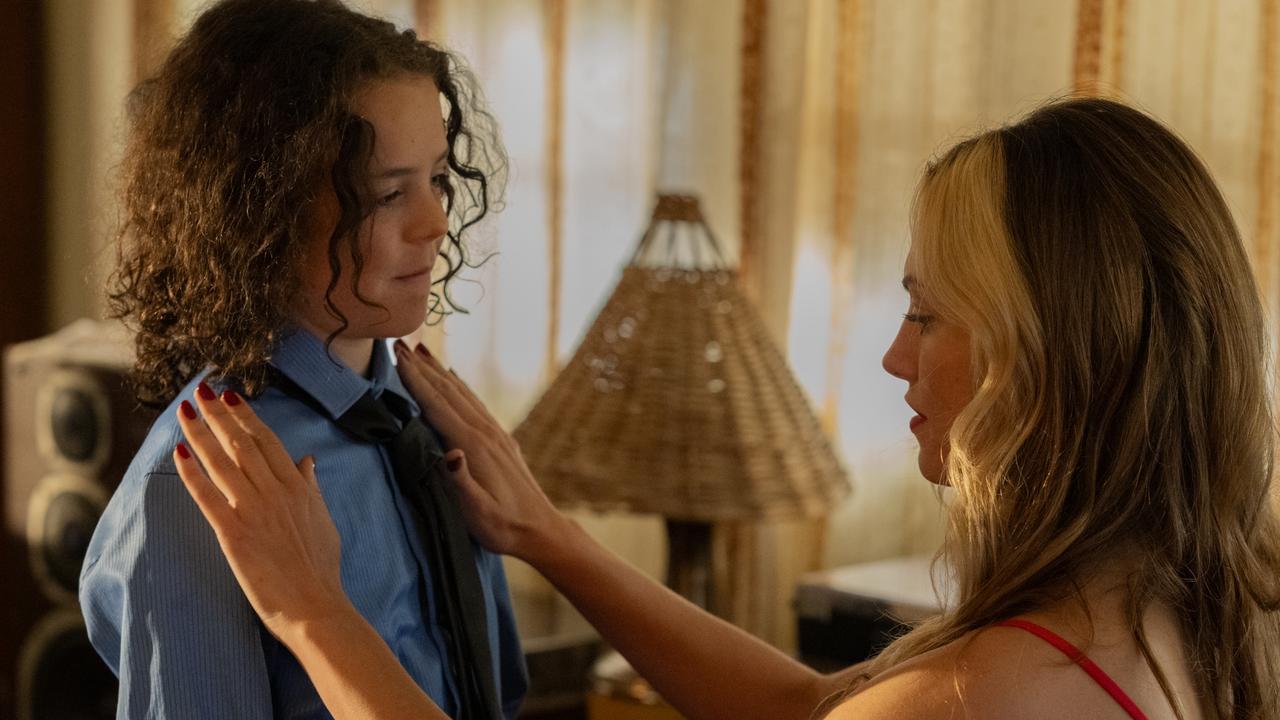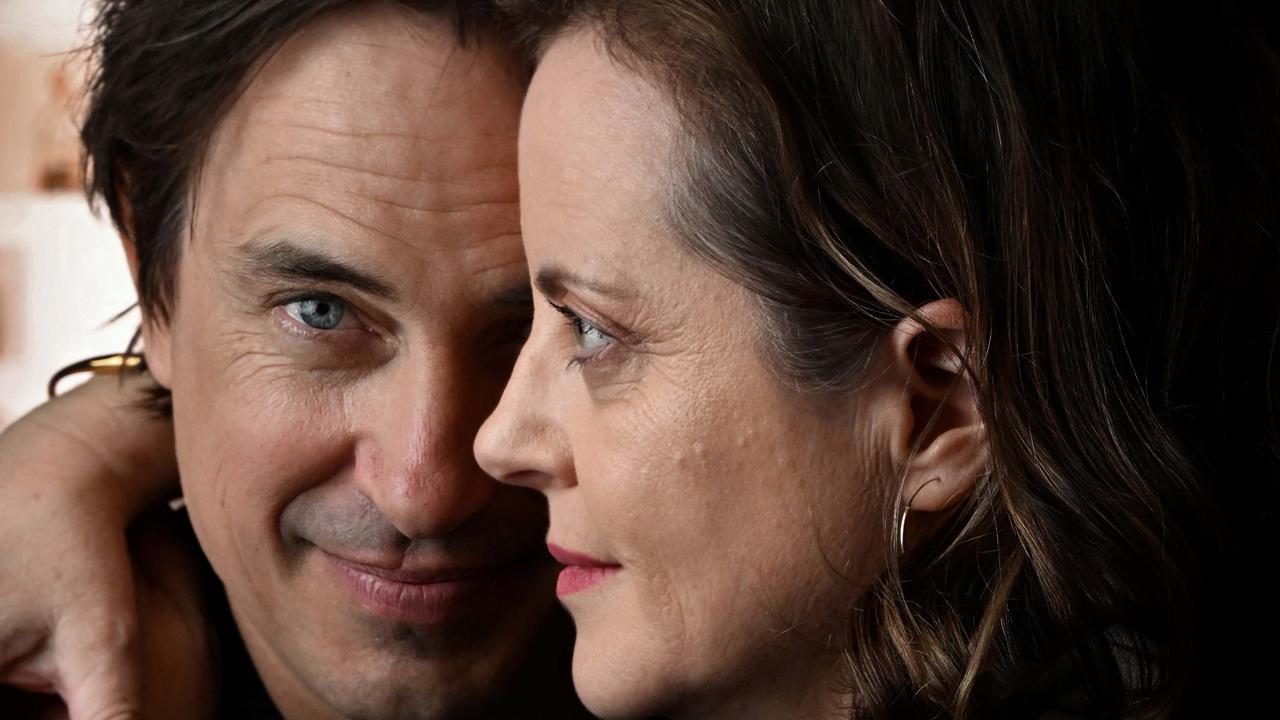Why horror is a bright light in a year of gloom – and the Aussie film that paved the way
Why horror is a force for good right now – and the Aussie film that paved the way for heart-stoppers like The Substance and Sorrow Spring.

Books
Don't miss out on the headlines from Books. Followed categories will be added to My News.
Horror is having a renaissance.
Formally the preserve of teenagers and only consumed by adults as a guilty pleasure, it’s now at the front and centre of culture.
No longer synonymous with mindless torture porn, the genre’s expanded and evolved to include more cerebral works which hold up a mirror to society.
Films from the previous decade like The Babadook, dealing with guilt and grief, and Get Out, an examination of racism, paved the way for the more audacious assault launched on the box office by the current crop of movies.
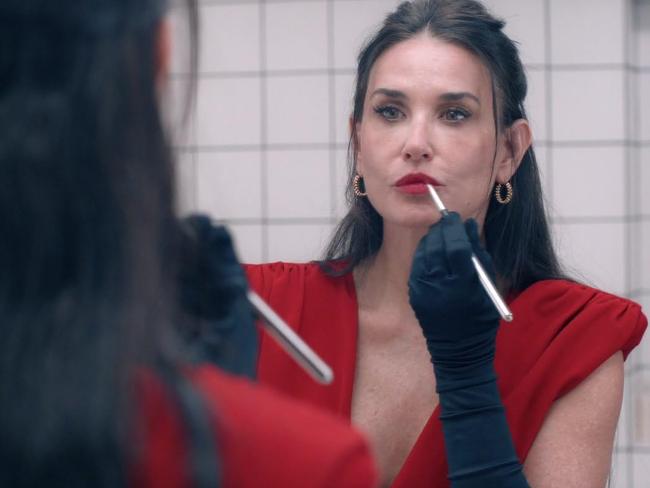
This year we have Demi Moore in The Substance. The title being a reference to the black market drug that allows fitness guru Elisabeth Sparkle, to create a younger version of herself, a double, who is able to take advantage of the opportunities denied to women over fifty. The movie, laced with both gore and humour, explores society’s discomfort with the ageing female body and the belief held by successive generations that the younger one is both selfish and degenerate. The trend continues in literature where the ever-popular Stephen King is joined on the ‘best of’ lists by writers such as C. J. Tudor and Victor LaValle.
But why now? At a time when regional disputes threaten to morph into global ones and the spectre of nuclear conflict has been resurrected, like Carrie bursting from her grave, why not continue to distract ourselves with the romance of Bridgerton or the domestic comfort of the Bake Off? When death and destruction pours into our consciousness via 24 hour news and our sadomasochistic penchant for doomscrolling, how can there possibly be a demand for yet more horror?
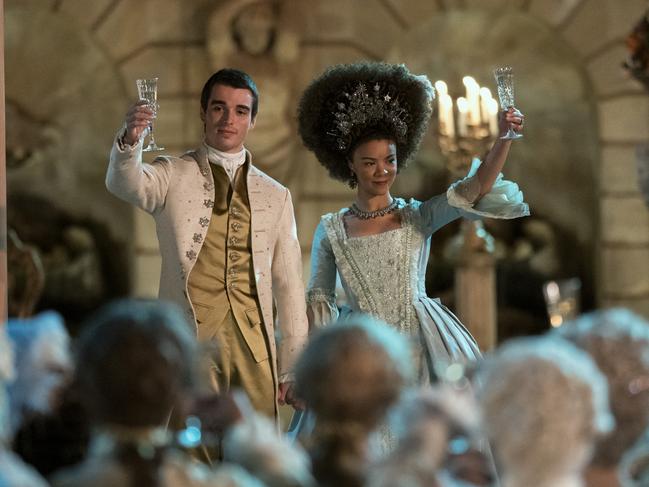
Maybe because the genre offers more than just a distraction. When fed an endless diet of facts about geopolitics, war and economic malaise, most of us are left feeling as anxious as we are powerless. Perhaps it’s not the facts we need help processing but our emotional response to them. And horror provides the perfect vehicle for this.
Stephen King asserts that, ‘We make up horrors to help us cope with the real ones.’ And psychological research backs up this idea. A study by Personality and Individual Differences found that horror fans ‘build emotion regulation skills that can be utilized to ameliorate the psychological distress that accompanies dysphoric events.’ Like a fairground rollercoaster, horror is an exploration of fear and stress within a safe environment.
This isn’t a purely academic point of view, it’s backed up by recent box office successes. The Joker: Folie a Deux (budget of $200 million) was kept off the top of the US box office by Terrorizer 3 (budget $2 million). And The Substance is one of the highest grossing films of 2024.
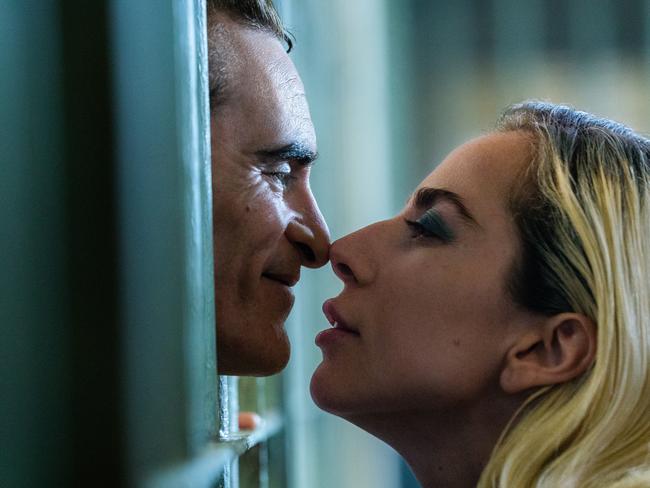
This appetite for horror has also been reflected in literature with authors subtly redefining its boundaries; Andrew Michael Hurley re-energising folk horror and Catriona Ward leading it along a more literary path. My novel, Sorrow Spring, is framed by two outbreaks of disease: the 1978 smallpox panic at Birmingham University and the recent pandemic.
Fear of infectious disease is rooted in our DNA (pestilence being one of the Four Horsemen of the Apocalypse) but decades of vaccinations and access to antibiotics had diluted this until the arrival of Covid-19 brought it to the forefront of our consciousness. Suddenly, otherwise rational human beings were fighting in supermarkets for the last packet of paracetamol and scouring the internet for ‘snake-oil’ cures. For the women in the isolated village of Sorrow Spring, there was no such break in their vigilance. They hold onto ancestral memories of entire communities being wiped out by bubonic plague, diphtheria and cholera. The sanctity and healing powers of their sacred spring must be maintained to keep the village safe. And for that they would die … or even kill.
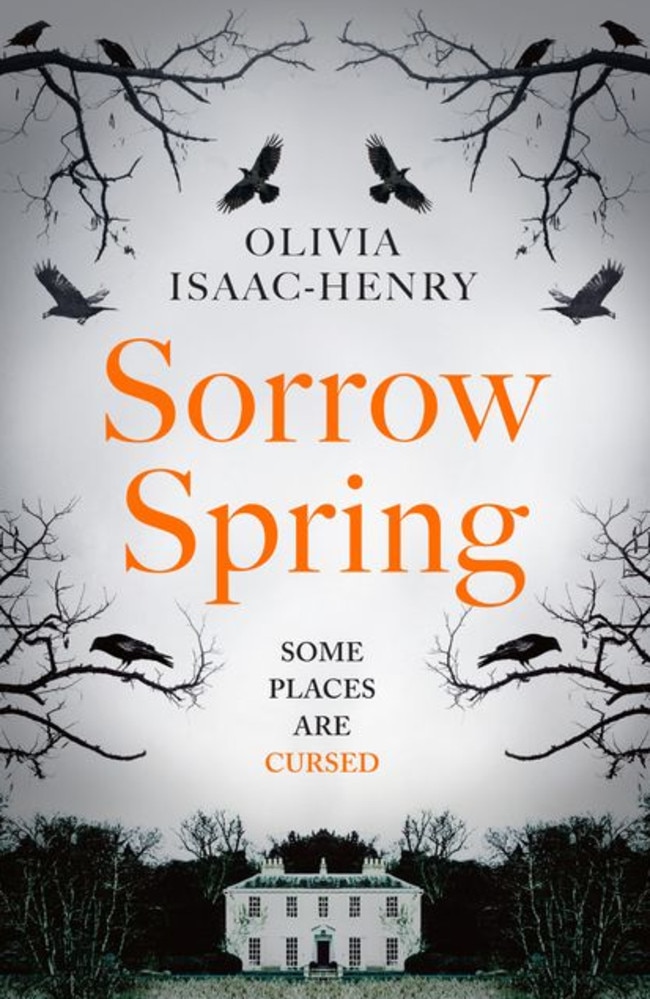
We don’t know what chaos and terrors lurk ahead, but the majority of us are going to have little control over the events whose grisly images will pour onto our screens in 2025. What we can be sure of, is that the horror genre will remain fresh and relevant, equipping us with a little extra emotional resilience to help navigate the fear and anxiety, unavoidable in these tumultuous times.
Sorrow Spring by Olivia Isaac-Henry is out now, published by HarperCollins. Tell us what you think – and compare horror hits and misses – at the Sunday Book Club group on Facebook.

